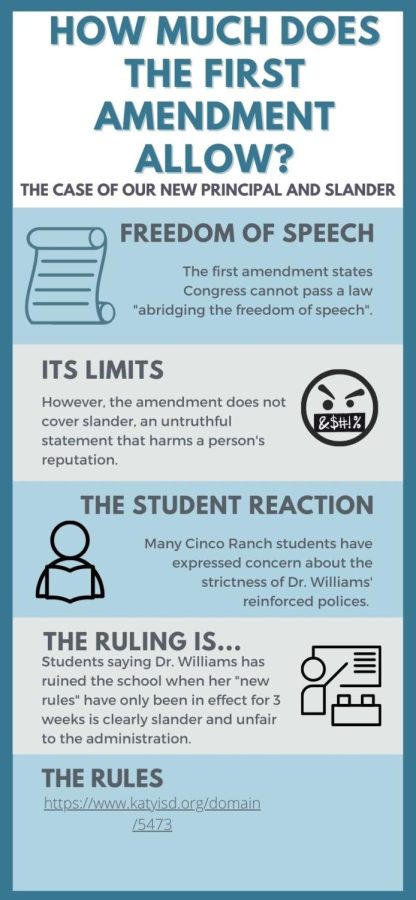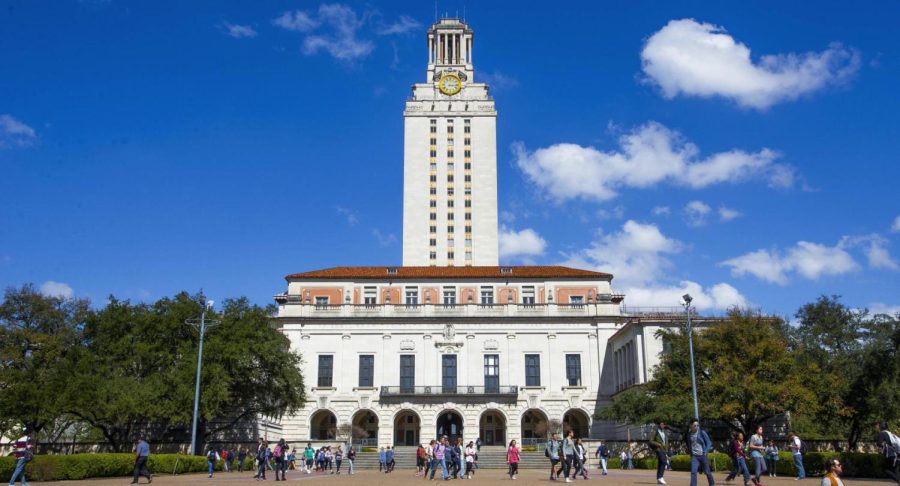The Stop Online Piracy Act, or SOPA, was introduced last October by Republican Representative Lamar S. Smith of the 21st district of Texas. If passed, it will allow judges to issue court orders that ban United States internet providers from allowing access to websites deemed unacceptable due to unauthorized use of copyrighted material. People across the internet have protested the bill on the grounds that it violates first amendment rights, culminating in a blackout of Wikipedia, Reddit, and other notable sites.
Despite any positives of reducing pirating, SOPA is absurd, because it infringes on basic rights of expression without any significant gains.
SOPA and PIPA are real potential infringements on the first amendment rights of the American people. If a federal judge issues a court order to block a website, it is completely blocked by United States internet providers. Besides obvious concerns of giving absolute power over the internet without any checks or balances besides an appeal process, any site that has ever had any sort of pirated material on it can be shut down. This can even be interpreted to include comment sections. Some interpret SOPA as giving grounds enough to apply for a national block in these cases. Therefore, all websites with comments sections come under threat. Hopefully most judges would not issue a court order in these cases, but giving them such arbitrary power makes it an issue.
It’s true that piracy is a real problem. Intellectual property needs to be protected, and copyrighted materials are copyrighted for a reason. But SOPA and PIPA go too far in the scope of their abilities to be abused and infringements on free internet speech. Besides that, they are unlikely to actually work effectively to stop piracy in its target demographic.
Even with these stringent measures, SOPA would not achieve its goal of stopping internet piracy. Browsers that could easily get around governmental blocks on sites have already been developed. These would only become more widespread with the advent of SOPA. The people most likely to use such browsers are those most likely to pirate on the internet. Therefore, SOPA misses its target audience almost completely, while still managing to infringe on the rights of all the people who use the internet less frequently.
Throughout the world, except in authoritarian governments, antipiracy laws in the past have not been effective, and certainly have not changed public opinion about piracy. Swedish researchers found in a Cyber Norms research project that a Swedish antipiracy law similar to SOPA, the Intellectual Property Rights Enforcement Directive, had little to no effect on public opinion of pirating, and has not managed to make a dent in illegal downloads through intimidation and example. The people who created the Pirate Bay were sentenced to a year in prison in 2009, yet it still thrives as one of the top pirating sites in existence. Pirating, it seems, is not a problem that can be solved by intimidation or harsh legislation.
SOPA and its Senate twin PIPA, or the Preventing Real Online Threats to Economic Creativity and Theft of Intellectual Property Act, have been postponed from being voted on several times in the face of mounting opposition in Congress. The bill is currently delayed indefinitely, as a result of mounting opposition to the bill in Congress and widespread public opinion against the bill.
Though the bill is currently delayed, we cannot allow opposition to fall. SOPA and PIPA leave open the ability infringe on too many basic rights. If we allow them to pass, we will be allowing a precedent of trampling internet speech that will be too damaging to recover from.

![Tips for Studying Finals [INFOGRAPHIC]](https://crhscountyline.com/wp-content/uploads/2022/12/Studying-for-Finals-900x506.jpg)




